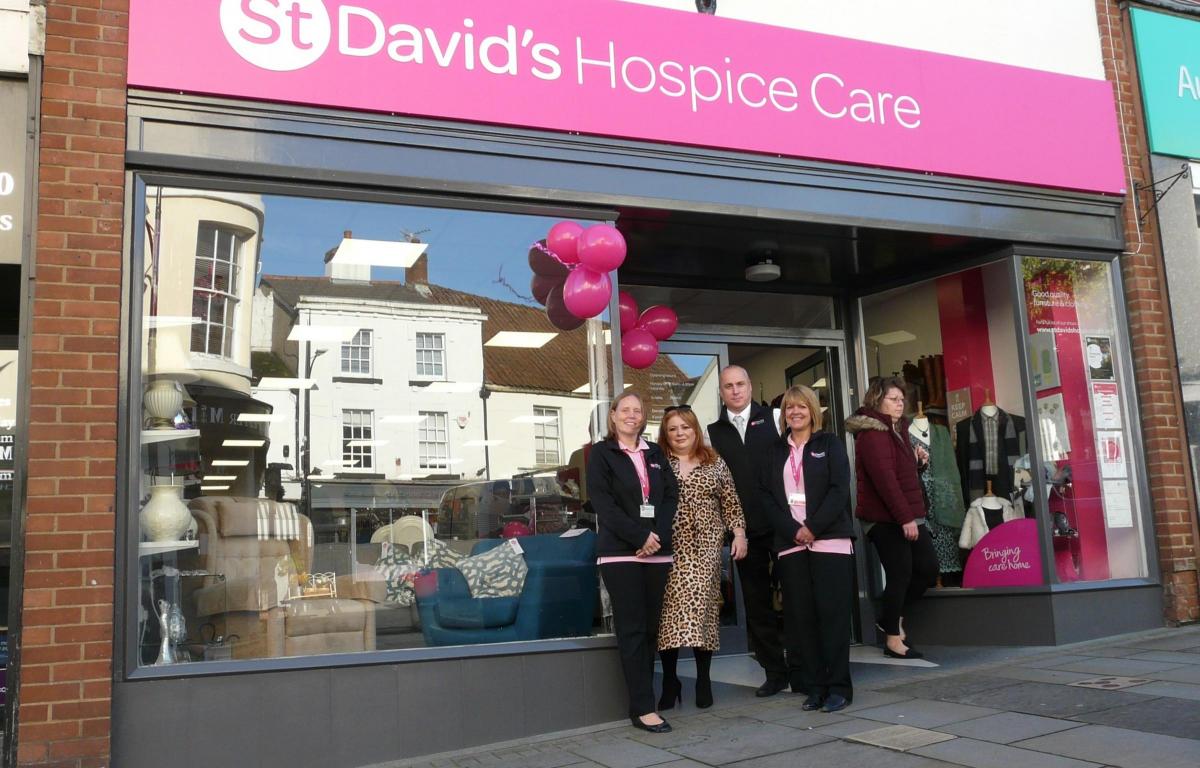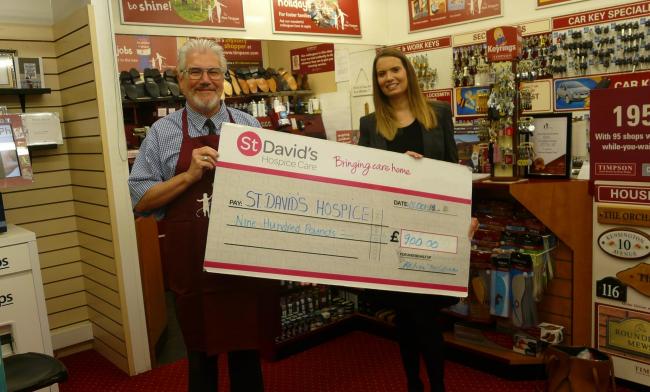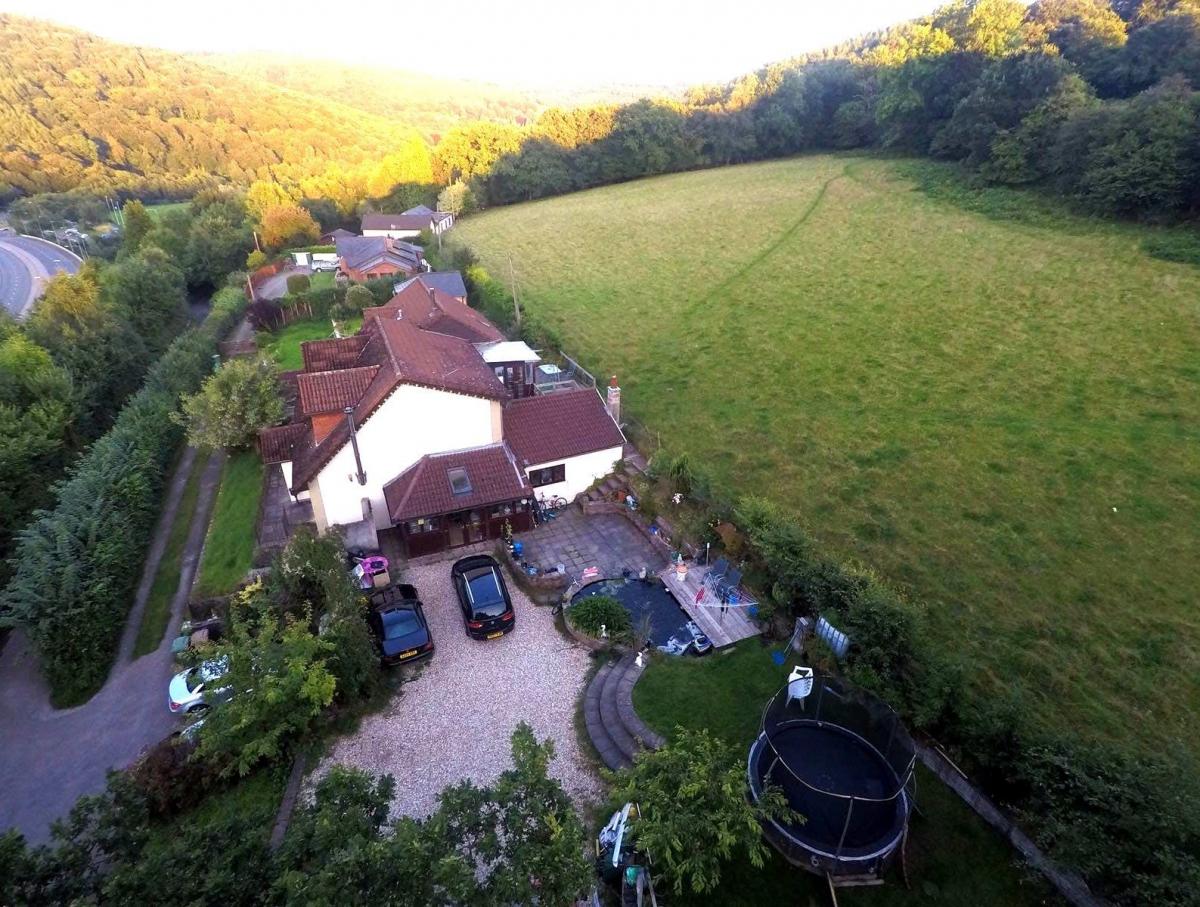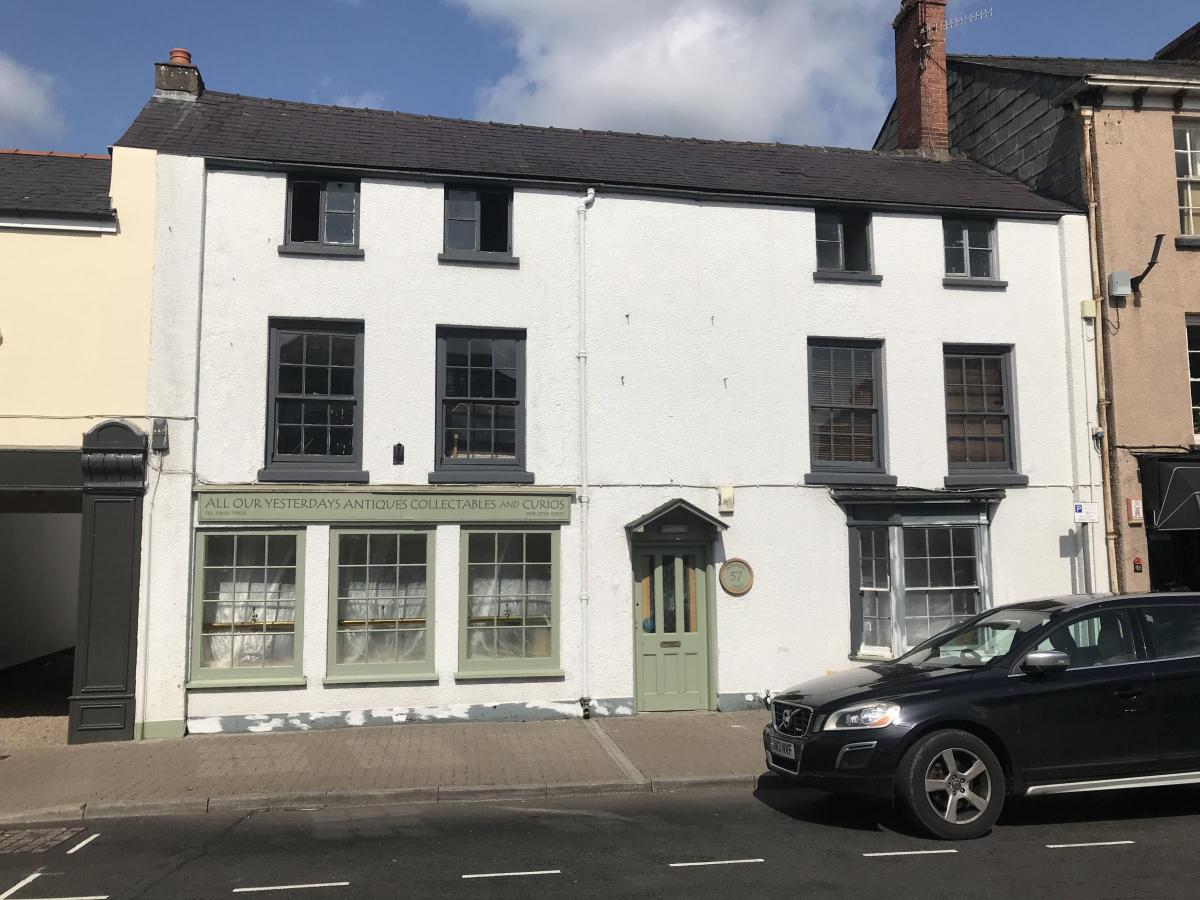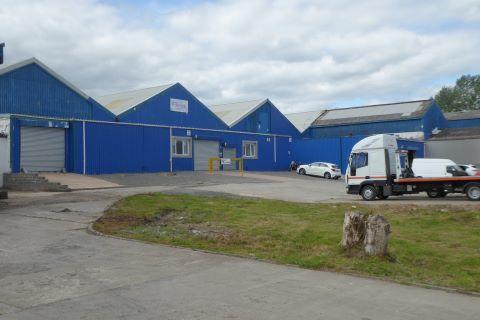A GWENT supply teacher has been buzzing after being allowed to keep a set of beehives in a secluded area of a Torfaen business park.
Steffan ap Breian, from Pontypool, keeps a group of nine beehives in a naturally overgrown, nectar full area of Mamhilad Park Estate, Pontypool.
Mr ap Breian has been keeping bees for more than a decade, and now splits his time between work as a teacher and bee-keeping.
He said: “We initially placed hives at Mamhilad Park Estate in 2015.
“During that time the number has grown to nine hives.
“There’s probably a limit of 10 hives for the space.
“I really hope we can retain this location for our bees as it’s perfect for bee-keeping surrounded, as it is, by everything that bees like, countryside, grassland, bushes, trees, wildflowers, vegetation and peace.
It’s wonderful that we’re allowed to keep bees on the park and underlines the owner’s environmental awareness and desire to be green in all sorts of ways, not just by adopting ‘traditional’ measures.”
Mr ap Breian keeps his bees as part of Mêl Torfaen Honey, a not-for-profit company that has hives at 25 sites around the area.
The hives are home to around 50,000 bees each, with 80 of its hives being productive and the rest being breeders.
The hives at Mamhilad Park Estate are home to probably around 500,000 bees.
In 2017 three new hives were acquired in the Trefonnen/Nash area near Newport.
Because of their proximity to Newport Docks, they were designated as enhanced sentinel hives.
Sentinel Hives are important in the control of the spread of exotic pests into the bee population of the UK.
Such hives are an important part of the National Bee Unit’s (NBU’s) apiary inspection programme. The hives are inspected more rigorously and more often than other hives so that any potential threats to the native bee population is safeguarded.
Mr ap Breian said: “We have hives on many sites between the sea wall at Nash then following the Usk River all the way up past Usk town to Raglan and beyond to Chepstow.”
Mêl Torfaen Honey uses the bees to produce honey, mead, candles, polish, wine and honey beer and each hive can produce 50lbs or more of honey each harvest.
Russell Nutman, Johnsey Estates’ property manager, said: “We’re very pleased to have these hives on the park. It is great addition to our green environment.
“It’s wonderful to know the trees, shrubs and flowers are being pollinated by the bees who take nectar back to the hive to make Mamhilad Park Estate honey.”
You can find Mêl Torfaen Honey on Facebook (@meltorfaen), twitter (@beestorfaen), and you can email them at meltorfaenhoney@gmail.com
Mêl Torfaen Honey also provide a ‘swarming’ service.
Swarming is a natural phenomenon when the bees in the hive allow a new queen to develop and the colony splits into two smaller colonies.
At this point one group of bees leave the hive looking for a new home. The usual swarming season is between April and early August.
It is also a time when the public get concerned and can cause panic.
Mȇl Torfaen Honey can help. They are authorised by Torfaen County Borough Council and Newport City Council to rescue honeybee swarms.
The bees will fly and eventually land on a tree or a post and hang in the shape of a rugby ball.
Some bees will be flying from the swarm because they are looking for a suitable place for the colony to fly to and set up a permanent home. This can be an empty hive, chimney or a cavity in a tree.
Mel Torfaen Honey will only collect honeybees and recommend contacting the council for issues reading wasps or hornets.
Mamhilad Park Estates is striving to become more environmentally friendly.
In addition to the introduction of these beehives, there is also a lift-share scheme and an on-site café, gym and children day nursery to reduce the number of cars driving in and out of the park daily.
